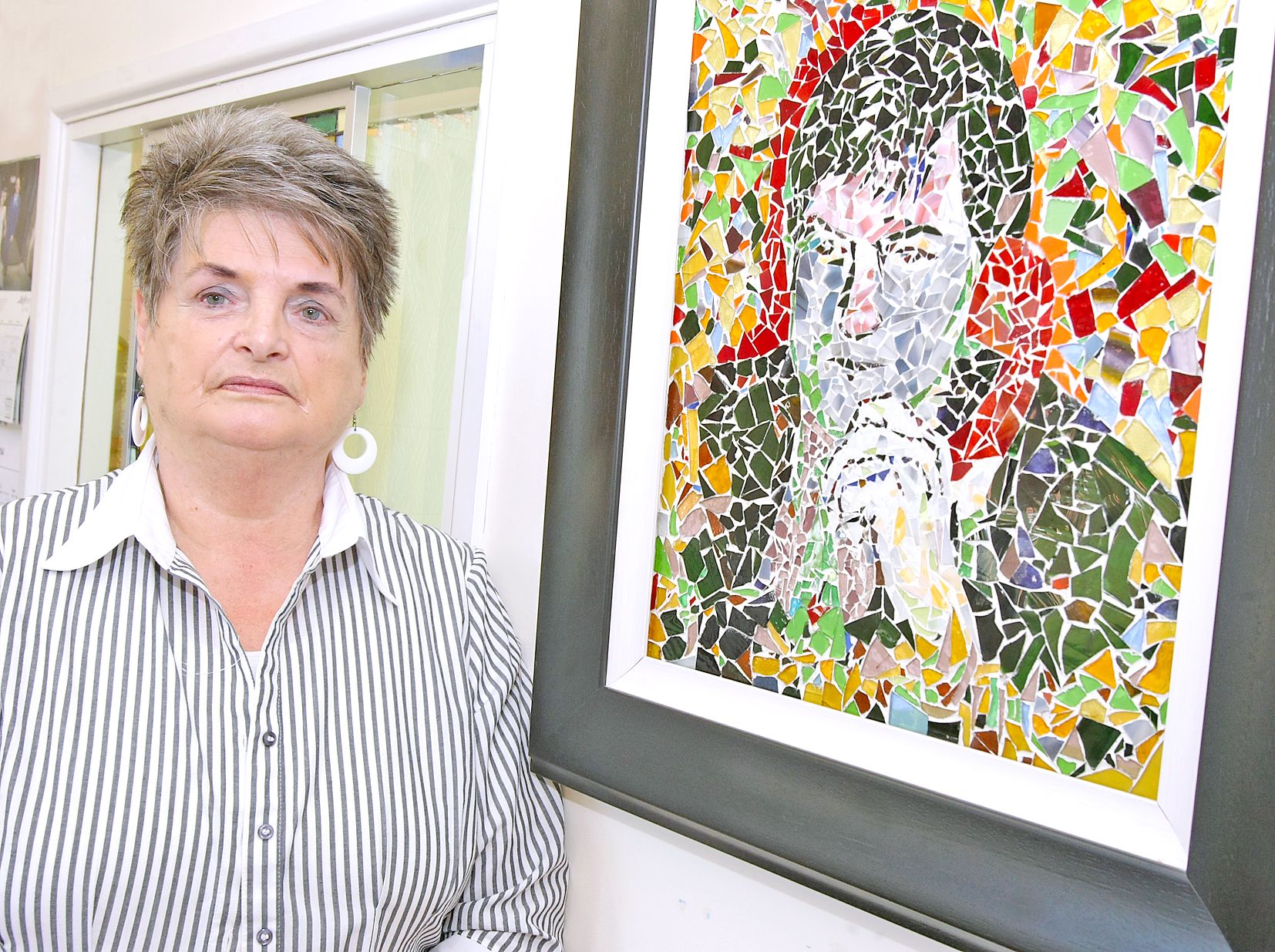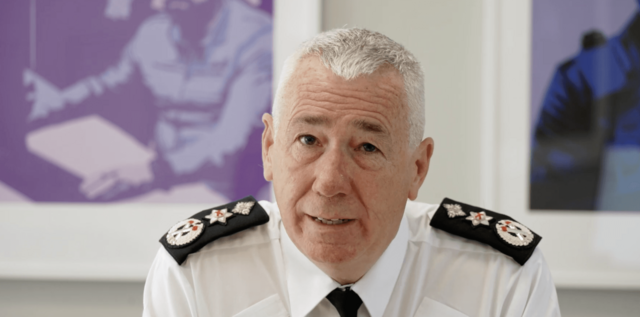Andrée Murphy on the heroes who have been at the centre of the struggle for rights for half a century – the women of West Belfast
THE Andersonstown News has given voice to a community and to a community in conflict. That conflict had issues of rights and justice at their heart. And at the heart of that have been the women advocates.
West Belfast was to produce some of the most powerful women activists on this island and internationally. In 1999 now editor Anthony Neeson worked with Relatives for Justice in a series of pieces which interviewed those less noticed in the struggles for human rights and justice.
The pieces unveiled systemic gross human rights violations and the people who suffered them, survived and fought the systemic barriers to accountability and recovery. Most were women.
Vera Murphy, whose son was killed by the Shankill Butchers, whose husband dropped dead upon hearing the news stood out as one of the most important testimonies, in its honesty and generosity. Vera survived to take care of the rest of her children. She was to pass away soon after her interview, and the only word we could think of to express our memory of her was love. Love is at the heart of why we need to confront injustice and defend the rights of those who suffer it, as it is love itself that is under attack if we do not.
Emma Groves was blinded by a British Army rubber bullet in her own home in 1971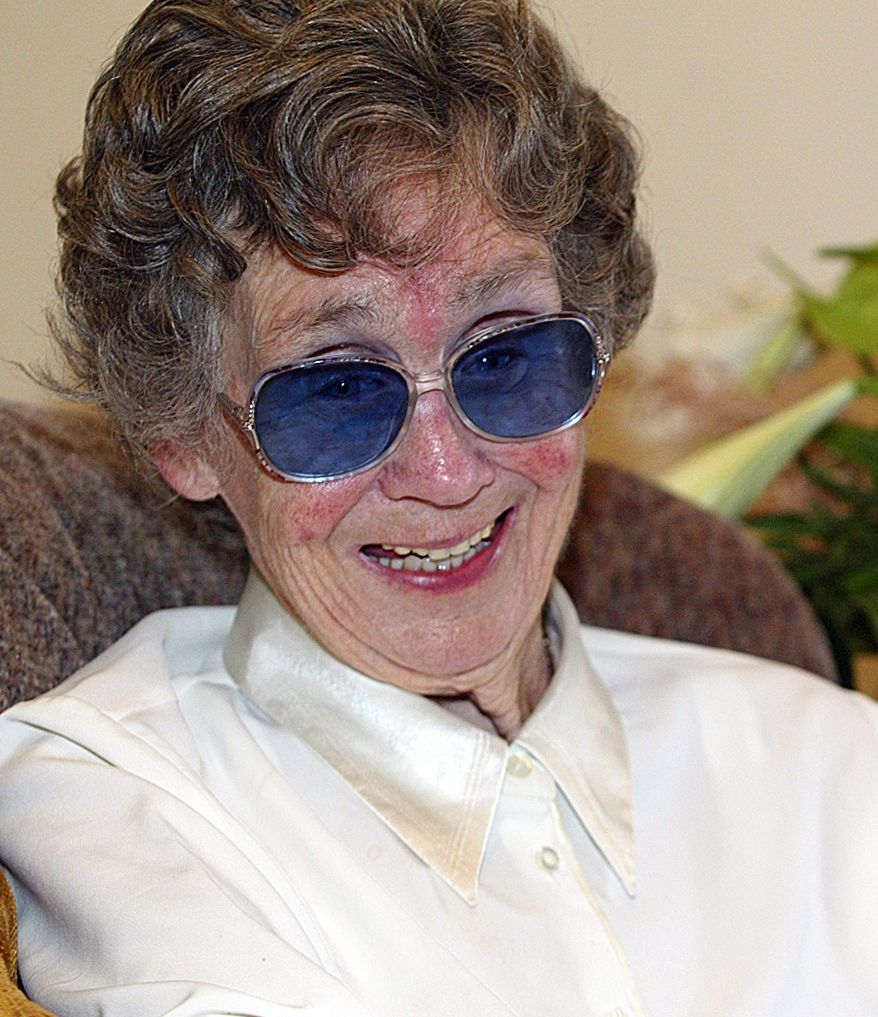
These testimonies built on the work of our heroes. The heroes who notice the abuse as they happen and find the wherewithal to confront them. Heroes like Emma Groves and Clara Reilly, the women who taught us all how to stand up for love, for rights and against injustice.
The lifetimes of those two women, who travelled the city, country and world to defend the defenceless and censored is worthy of peace prizes. They stood, tall and with grace to say “We might be censored, we might be ignored, but we are never going away.” And they did not go away. Neither in times of war nor peace.
Instead, Emma, blinded by a rubber bullet in her own living room in front of her children, and Clara, the auxillary nurse with a telephone and a spine of steel and heart of gold, formed a friendship and a legacy which those of us who carry it cherish every day.
Not a week goes past where a family, bereaved by conflict, will not mention how the first person to their door to document and advocate on their behalf was Clara Reilly, often with Monsignor Raymond Murray.
But Clara was not like the solicitors for whom the good china would be brought out. Clara would be the one to put on the kettle and help fold the washing, while supporting that family for the rest of her life of love and vocation.
When the site of the former Andersonstown Barracks was renamed Groves-Reilly Corner on Clara’s 80th birthday, survivors of torture, English prisoners, people bereaved by the state, loyalism and republicanism, MPs, MLAs, city mayors and a very very grateful community came to give thanks and say “We love you too.”
Eileen Howell organised professionals to confront legacy of economic and social violence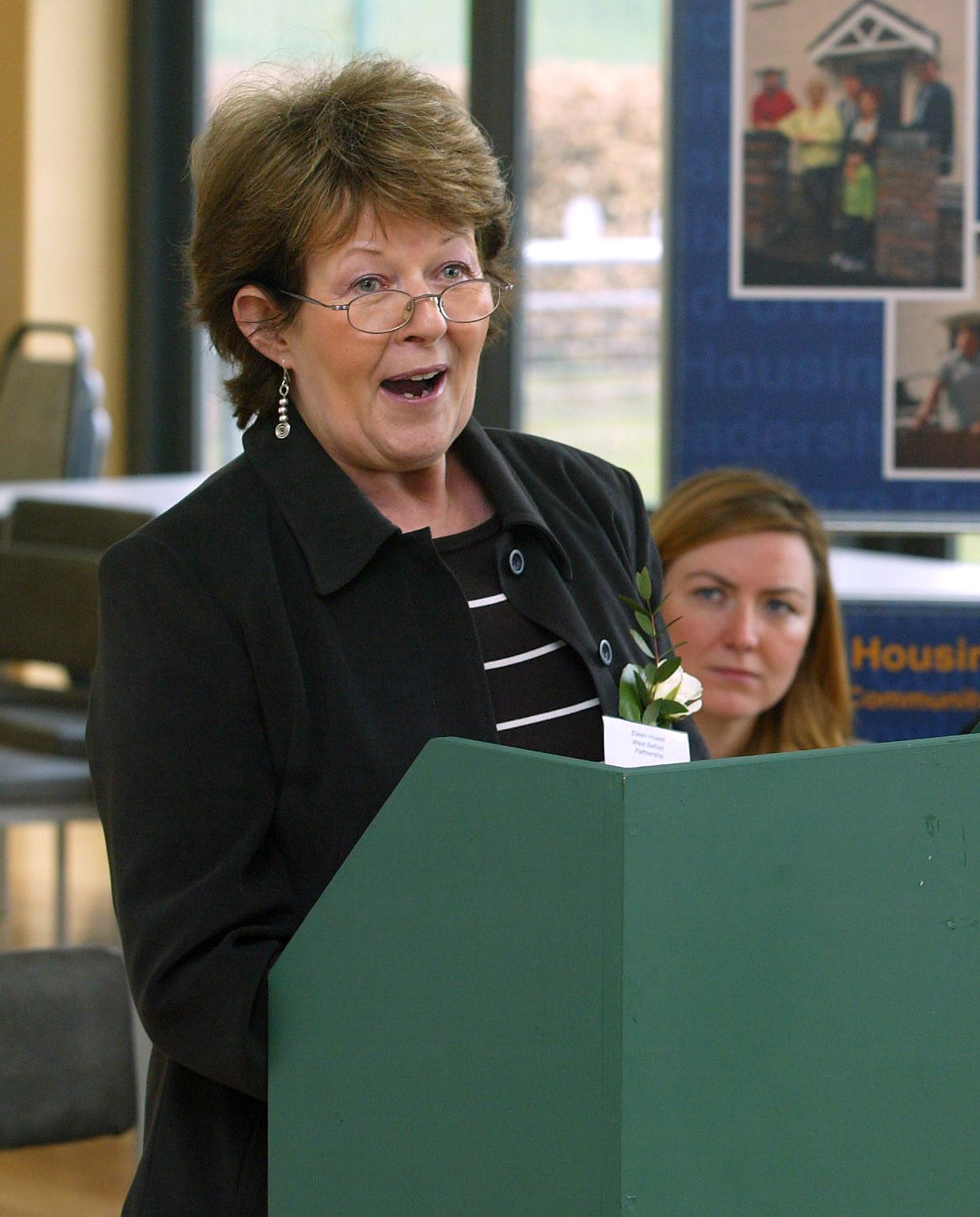
Women like Eileen Howell, who organised and formed collectives of professionals, knew how to confront the legacies of economic and social violence imposed on this community.
Geraldine McAteer conftonted the legacy of decades of systematic discrimination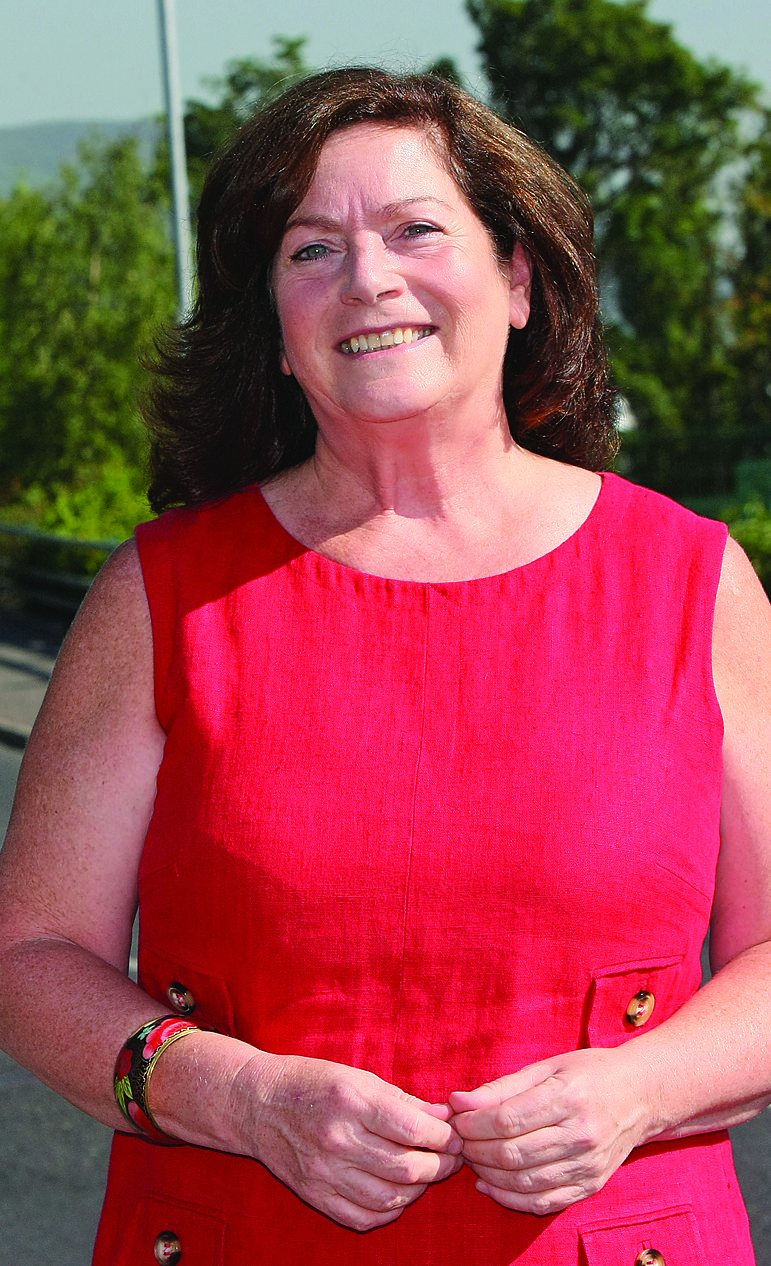
She, with the visionaries like Geraldine McAteer and Ruth Taillon, were to identify and evidence the needs of this community, confront the legacy of decades of systemic discrimination and advocate for substantial peace dividend. It was Eileen’s outstretched hand that welcomed then President Mary Robinson to West Belfast, when this community was still treated as “other”.
She forged pathways to peace and regeneration by addressing legacies of injustice. Like Noelle Ryan, the much-loved Noelle who chose resistance and struggle as a way of life in her beloved Springhill, with her beloved Fr Des Wilson as her partner in struggle, who stands out in her humility and contribution. She was the woman who went to a barber in Islandbawn Street because the barber had studied in the university that was her home.
Neolle Ryan chose resistance and struggle as her life in her beloved Springhill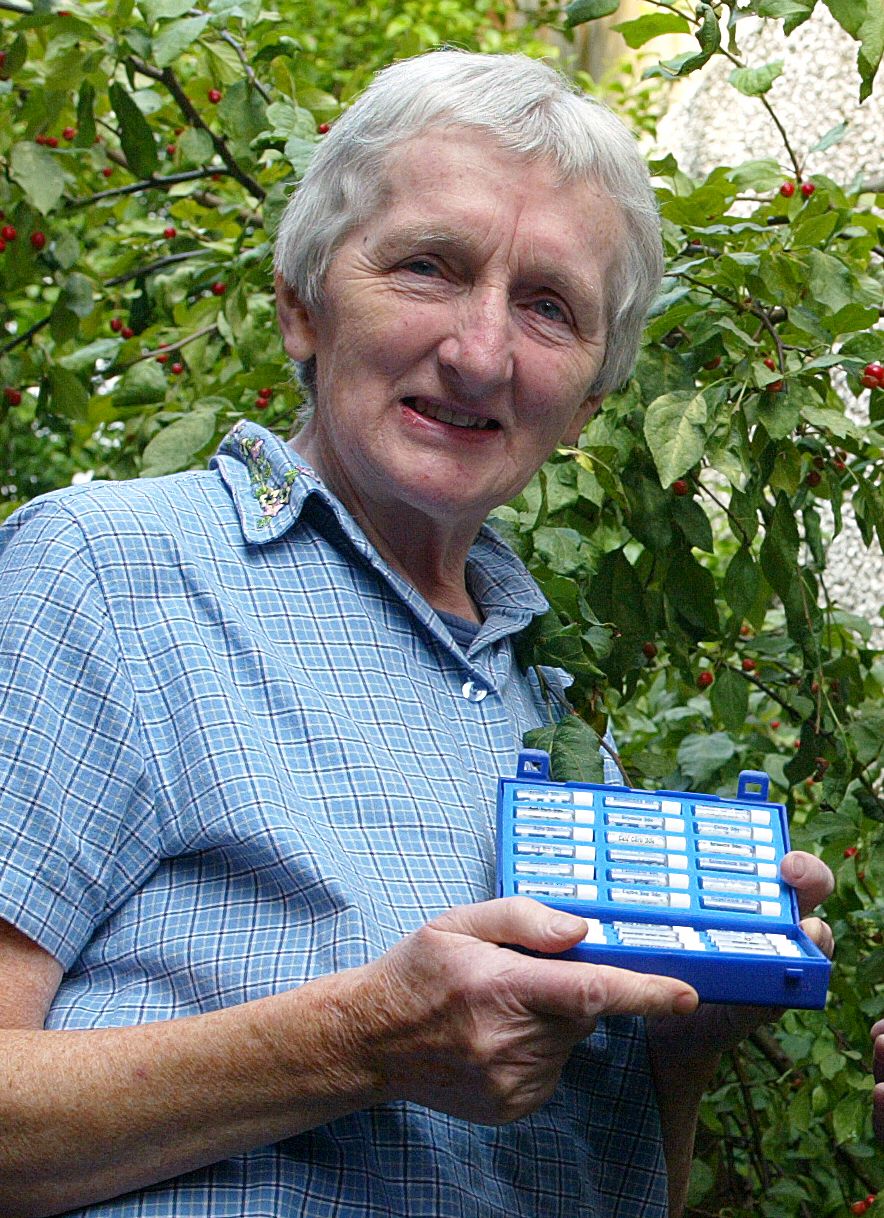
In front of a packed Whiterock Community Centre she strode up through the crowd to the Patten Commission on Policing and told them to read the evidence of state collusion by the RUC. Every step she took was on behalf of those shoes she tried to walk in. The women of this community are fearless.
Driven by love and commitment we are the rich and wonderful community we are because they made the choices to stand up for themselves, their families and us all. And the Andersonstown News was there to cover it. Mná na hÉireann, mná Bhéal Feirste.

